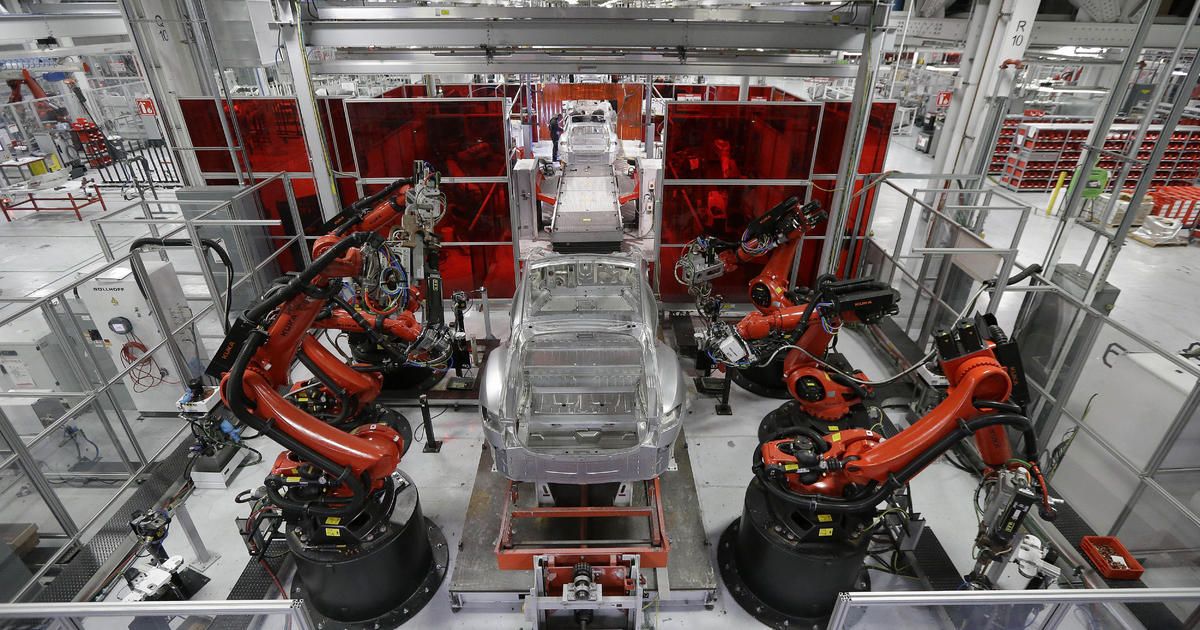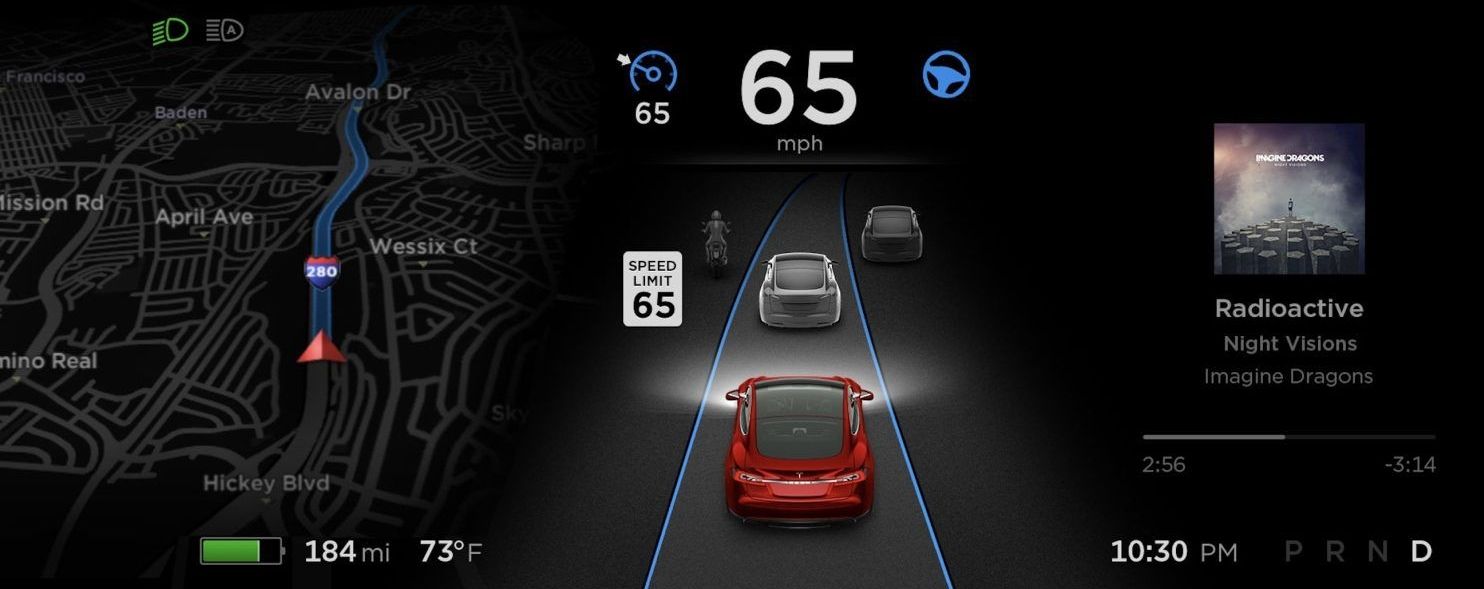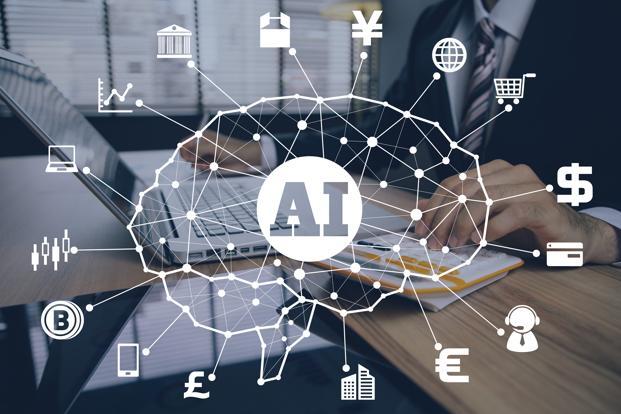Jun 10, 2018
Jurassic World: Can we really resurrect a dinosaur?
Posted by Dan Kummer in categories: biotech/medical, entertainment
This summer, the fifth instalment of the Jurassic Park franchise will be on the big screen, reinforcing a love of dinosaurs that has been with many of us since childhood. There is something awe inspiring about the biggest, fiercest, and “deadest” creatures that have ever walked the planet. But the films have had an additional benefit – they have sparked an interest in dinosaur DNA.
The “Mr DNA” sequence in the original movie is a great piece of science communication and the concept of extracting DNA from the bodies of “dino” blood-engorged mosquitoes is an outstanding piece of fiction. It is, however, just fiction.
Continue reading “Jurassic World: Can we really resurrect a dinosaur?” »


















